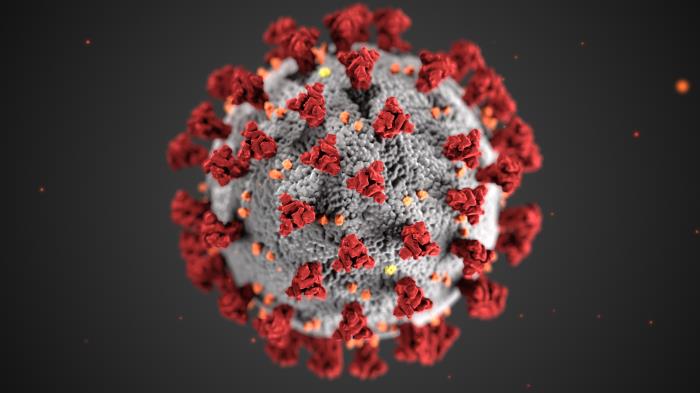By Debby Bogaert, University of Edinburgh, @DebbyBogaert
Now dubbed a pandemic, coronavirus popped up for the first time in the Wuhan area of China in December 2019. Since then it has rapidly spread throughout the world in less than three months’ time.
Millennials, who are harder hit by some other types of flu, don’t generally show many symptoms of coronavirus. This means they can carry the virus without realizing it. And therein lies the problem – those who seem healthiest may in fact be spreading the virus to many people.
Think about it: if you carry a virus without feeling ill, you will keep doing all the things you routinely do: riding the bus, hanging out with friends at school, and going to football matches or concerts with hundreds of other people. The virus can then easily be passed on. Because of its fairly long incubation period of around five days, it might only be several days later that the virus becomes apparent in others, but by then it cannot be traced back to its origin. This is a major problem right now, because society is trying to identify all the infected people, and quarantine them to ensure the chain of spread is cut off.

That is why millennials have such an important role to play. Helping reduce the likelihood of contracting and spreading the virus would hugely benefit society.
So what can you do to keep the virus from spreading? The advice that’s been given so far: washing your hands often with soap, coughing in your elbow, and trying to avoid touching your face, is all well and good but it’s time we try taking it to the next level. Try to keep a bit of distance between yourself and others in public, stop handshakes for a while, and avoid large crowds. And call your elderly loved ones, or anyone with a chronic disease (such as diabetes or cancer) instead of visiting, for the time being.
While you do your part, the government might adopt stricter measures as well, including closing schools to slow down the spread. When that happens, try to support these measures by helping to break the cycle of transmission of the virus. That house party can always wait a few weeks, and you can plan a movie night instead.
Simply said, our society is not ready for such high numbers of ill people, especially all ill at the same time. Think of the numbers of nurses and doctors, hospital beds, and respirators we would need to support the most critically ill patients; there are simply not enough resources to help this large number of patients. And those doctors and nurse might also become ill, further reducing health care capacity.
We all need to do our part, for our own safety and the safety of those more vulnerable than us!
